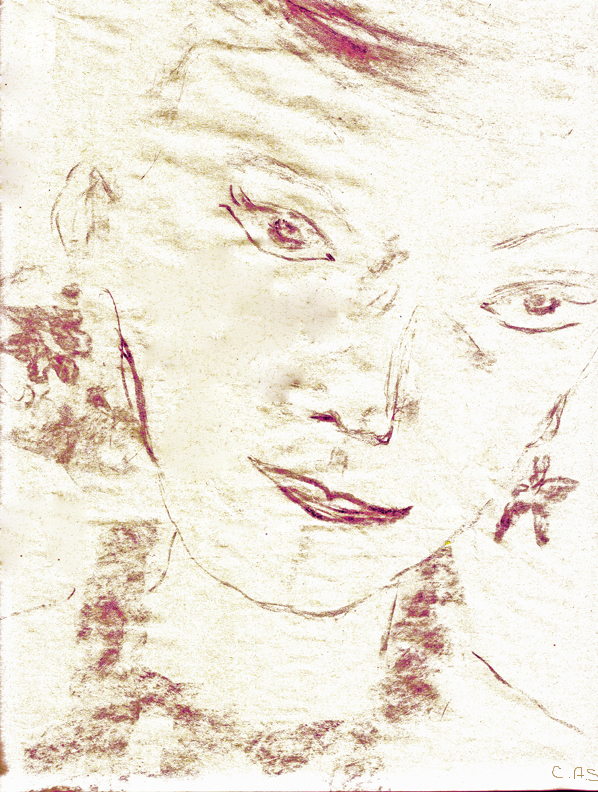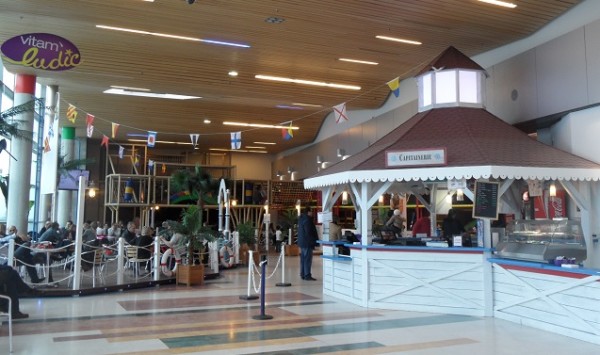The choice between a private and state school can be a tricky one, it doesn’t all come down to budget. Private schools are known for top quality education with smaller classrooms and controlled attendance, while state schools offer mixed classrooms with pupils from various background learning to live together.
Having been educated within the private system, I do value state schools as they prepare the children for the ‘real world’.
The private primary school I attended was great, it had a good mix of the local Spanish and Portuguese communities. At this tender age, children aren’t aware of social status and parents’ incomes, they simply make friends based on their human likeness and common interests.
My experience of a secondary private school was not as good. I soon realised that I seriously wanted out of the private system and would not recommend a similar experience for other children during their vulnerable teenage years.
It was hard work, my confidence dropped as I used to be first or second in my class during primary school and in the new school I struggled to keep up. There was so much homework and long hours that I could hardly cope.
There was also a fear of failure. All applications to the school had been finely combed through. Unruly kids would get straightened up or their parents would move them to a stricter boarding school in the region.
Making friends wasn’t that easy either, as everyone tended to group into ‘rallies’ (dancing clubs), and Saturday night ‘bridge’ games. Not exactly my idea of fun at that age!
As a coping mechanism, I started to seek the thrills of misconduct, while still displaying an exemplary behaviour in front of parents. I learnt to copy my parents’ signature and writing, so they wouldn’t know of my 4/20 in maths. With a fake signature I could also take official time off school, wandering out into town with the excuse of a doctor’s appointment.
Being expelled from the classroom was something else I was eager to experience, so I intentionally fell asleep during a lesson, ending up in ‘colle’ (a punishment which means that you have to come to school on Wednesday afternoon, when it’s usually time-off).
Another time I kept talking over a teacher until she finally had enough and sent me off. The punishment she gave me was to write over and over again for 2 hours: ‘I must not talk during the lesson’. I was 17 years old.
Being in this golden dungeon, knowing years in advance that I’d pass my baccalauréat made me think that all my life would be easy and set up to succeed. In the end I forgot everything I learnt, apart from foreign languages that for me were the key to a fascinating world of cultures, and drama as the only chance to raise my voice.
Once I passed my baccalaureat, (as planned), I went to university in Paris for a breath of fresh air and to study Japanese. It was so incredibly interesting and the freedom from my 6th floor flat (8 sq metres without lift, no shower, shared Turkish toilets outside the room but way better than any golden dungeon!) was vertiginous. For the first time nobody would check that I’d done my homework.
My first year at Uni was a succession of mornings (and cigarettes!) in bed, skipped lessons and missed assignment deadlines, until I realised that I was going to fail my exams by my own fault, and that there were no priests, no army officer nor religious parents there to force me and tell me right from wrong. I seriously lacked in self-discipline and autonomy.
I was naive and didn’t know how to understand and comprehend people from other backgrounds. I fell into traps and had to learn real life by making mistakes which could have cost me dearly. And I can’t help blaming it on the golden dungeon and ‘Monsieur le Supérieur’.
Now, as a mother, I will use this experience to remind myself of the importance of listening to my children when choosing the right school for them.
photo and image copyright C.A. 2012





